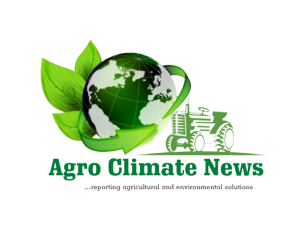The global waste plastic recycling market is projected to grow significantly, reaching USD 103.8 billion by 2035, up from USD 47.5 billion in 2020, according to a new report by Global Data Route Analytics.
This growth, representing a compound annual rate of 8.2 percent, is driven by the rising demand for sustainable solutions, environmental awareness, and global adoption of circular economy initiatives.
Read Also: New study suggests four global policies that will eliminate over 90% of plastic waste by 2050
Read Also: Plastic pollution ranked as top threat to carbon emission fight – NatureNews poll
The report highlights that governments and industries worldwide are tightening regulations on plastic waste and investing in eco-friendly recycling technologies to reduce landfill use and greenhouse gas emissions.
Leading players such as Veolia Environnement, SUEZ Recycling & Recovery, Waste Management Inc., and Republic Services Inc. are adopting advanced recycling systems and expanding facility capacities to strengthen their market presence.
Innovation remains a key focus, with the introduction of AI-enabled sorting systems, molecular recycling, and pyrolysis technologies enhancing recovery efficiency and processing mixed plastic waste streams more effectively.
Companies are also increasing their collaboration with consumer brands, municipalities, and industries to boost recycling capacity and ensure consistent material supply for production.
The report notes that the market’s competitiveness is shaped by technological expertise, cost efficiency, product quality, and sustainability commitments.
The recycling sector is seeing strong growth across key plastic types such as PET, HDPE, PVC, LDPE, PP, and PS, and across various industries including packaging, construction, automotive, electronics, textiles, and consumer goods.
Asia-Pacific leads the market, followed by Europe and North America, due to rapid industrialization, urbanization, and strong policy frameworks supporting waste recovery.
According to analysts, the sector’s expansion underscores a global transition toward sustainable industrial practices that not only mitigate pollution but also drive economic resilience through innovation and resource efficiency.



